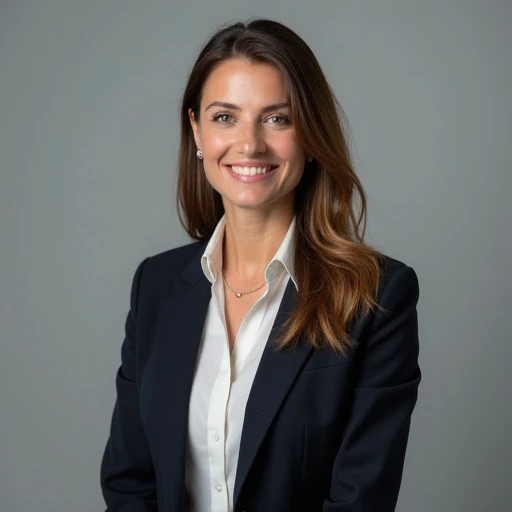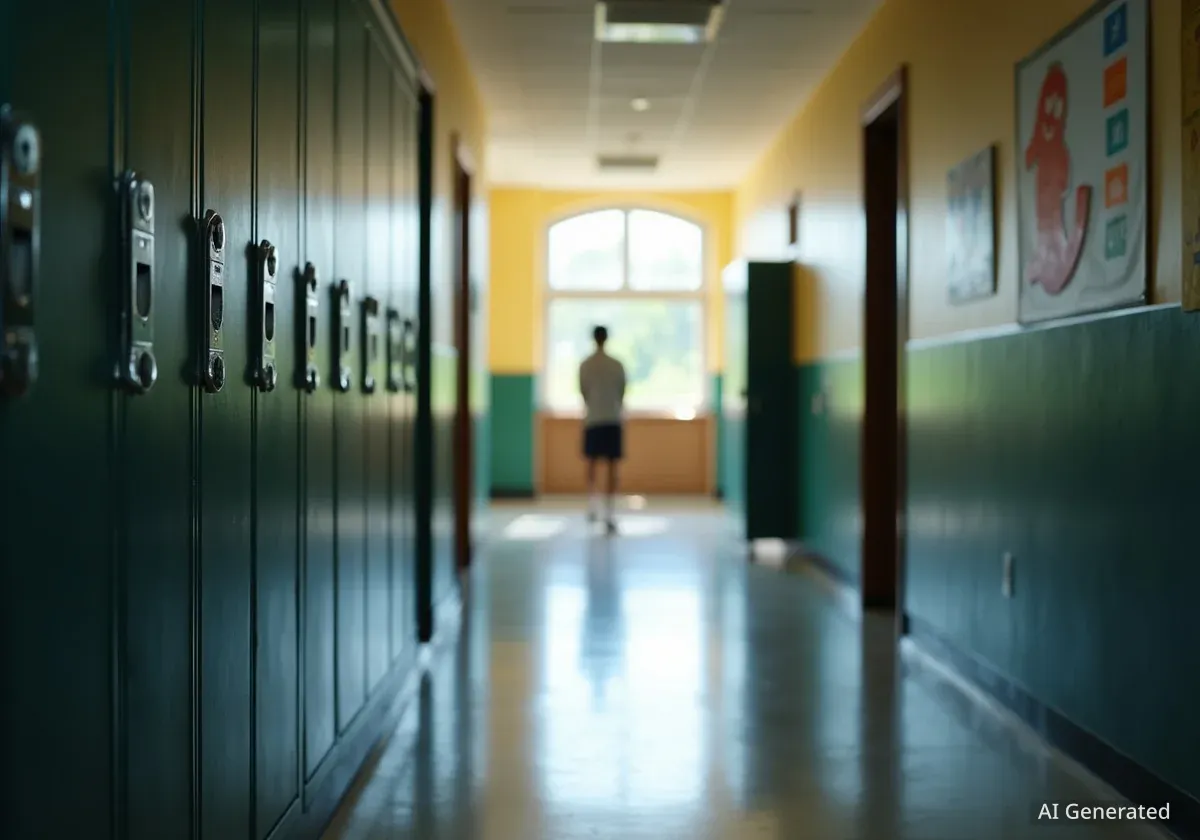Nolan Peterson, a second-grade teacher at Klager Elementary School in Manchester, is applying lessons learned from his own childhood and early work experiences to guide his young students. Now in his second year, the Chelsea native has discovered a deep satisfaction in teaching an age group he initially thought might be too young for him, finding reward in their social and cognitive development.
Key Takeaways
- Nolan Peterson's desire to teach was shaped by his own positive experience with a teacher and a pivotal moment as a camp counselor.
- He finds it more rewarding to teach subjects he personally found challenging, as it gives him greater insight into students' struggles.
- Peterson values the close-knit community of a small district like Manchester, noting the high level of parental support.
- He believes second grade is a crucial year where children begin to develop social awareness and navigate complex friendships.
Formative Experiences Shape a Career Path
Long before he stood in front of his own classroom, Nolan Peterson’s path to education was influenced by two key moments. The first was the lasting impression left by his third- and fourth-grade teacher, who he recalls as making every student feel valued and capable.
This early inspiration was solidified during his college years while working as a camp counselor at the former Judson Collins United Methodist Camp. He was tasked with helping a high school-aged camper who was withdrawn and feared he wouldn't make friends.
"So, I then (introduced) some of the other kids that were there that week to be friends with him, and by the end of the week, he was smiling. He was happy to be there... That was kind of my first-ever, big breakthrough that I felt, ‘This is what I need to be doing.’”
Peterson said that experience of fostering connection and confidence in a young person confirmed his calling. "I hope he at least learned that he can have fun and he can participate, and he’s wanted and loved,” he added.
A Diverse Journey to Klager Elementary
After graduating from Eastern Michigan University in 2019, Peterson’s career began with a variety of roles that provided him with a broad perspective on education. When the pandemic started, he was working as a direct-care provider for a child with autism, a job he chose to continue for another year because he felt his work “wasn’t done.”
His teaching experience is varied, giving him insight into different age groups and school environments. He has taught a combined fourth- and fifth-grade class in Adrian and worked with third graders in Dexter. Peterson also spent time as a substitute teacher across the region, working with students in middle and high school.
Building a Versatile Skill Set
According to Peterson, this range of experiences has been invaluable. Working with students of different ages and abilities has helped him develop adaptable teaching strategies that he now uses in his second-grade classroom at Manchester Community Schools.
While his feet are now firmly planted at Klager Elementary, Peterson keeps future goals in mind. He has an interest in promoting more STEM and project-based learning in schools. Further down the road, he might pursue a master's degree in school counseling or explore other leadership roles in education. “But as long as I’m enjoying the classroom, maybe I’ll just stay in the classroom,” he said.
The Unique Rewards of Teaching Second Graders
Peterson admits he was initially hesitant about teaching second grade, worrying the students might be too young compared to the third- through fifth-grade range he was used to. However, he quickly fell in love with the age group.
“I really think there’s something to be said about this age where they really start to learn and love learning and find this love for each other,” he explained. He noted that a significant cognitive shift happens around this age.
“It’s also a switch that kind of happens this year, where we start to notice others around us instead of just kind of ourselves,” Peterson said. This newfound social awareness brings new challenges, like friendship issues, which he sees as important teaching moments. He helps students navigate questions like, “When people don’t want to play with me, what can I do?”
Teaching from Experience
One of the more interesting aspects of his job, Peterson finds, is teaching subjects from different personal perspectives. He was strong in math as a student but finds it challenging to teach because he never experienced the struggle himself. “I have to learn these strategies of how to teach, like struggling mathematicians, whereas when I did it, I just knew it,” he stated.
Conversely, reading was not his favorite subject in school. Because he had to work harder at it, he feels he has more tools and empathy for students who find it difficult. This personal experience, he believes, makes him a more effective reading instructor.
The Power of Community
Having worked in larger districts like Ann Arbor, Peterson appreciates the unique environment of a smaller, close-knit community like Manchester. He observes that parents often know each other and work together to coordinate things like school pickups, creating a strong support network for the students.
The Role of Home Life and Community Support
Peterson has observed that a student's home life and the level of parental involvement can significantly influence their motivation in school. He is careful not to place blame on parents, understanding the pressures of modern life, such as single-parent households or families with multiple young children.
However, he does see a correlation. “The less involved that the parent is … the less the kid tends to want to achieve,” he noted. In Manchester, he sees a strong sense of community that helps mitigate these challenges.
“There’s two second-grade teachers in the whole district,” he said, illustrating the small scale. “As these kids go up, they’ve already almost had everyone in their classes... There’s a lot of community support.” This interconnectedness, he feels, creates a positive and supportive learning environment for the children at Klager Elementary.





